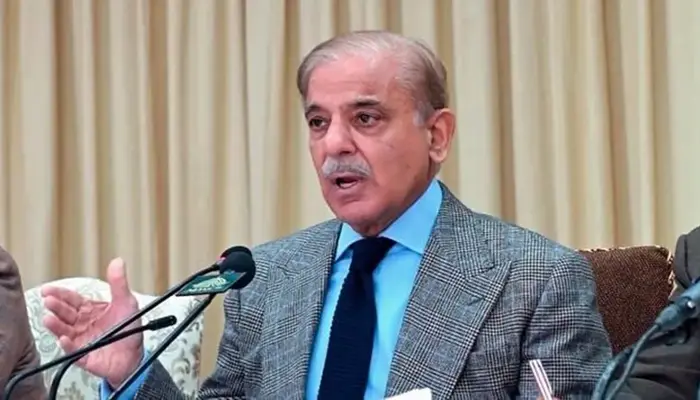
Pavel Durov, the enigmatic billionaire behind the widely-used messaging app Telegram, has always been a figure shrouded in both admiration and controversy. Known for his unwavering stance on privacy and freedom of speech, Durov has built a reputation as a tech visionary who challenges the status quo. However, his recent arrest at Bourget airport near Paris has brought new attention to the man who has long been a thorn in the side of governments worldwide. The circumstances surrounding his detention, linked to an investigation into Telegram’s content moderation policies, raise critical questions about the balance between digital privacy and public security.
Pavel Durov: The Digital Maverick
Born in Russia in 1984, Pavel Durov first made waves in the tech world as the creator of VKontakte (VK), Russia’s largest social networking platform. Often referred to as the “Russian Facebook,” VK became a hub for millions of users across Russia and beyond. However, Durov’s journey with VK was far from smooth. In 2014, he famously refused to comply with Russian government demands to shut down opposition groups on the platform. This act of defiance led to his departure from the company and ultimately from Russia itself. Durov sold his stake in VK and embarked on a global journey, living in cities such as Berlin, London, Singapore, and San Francisco.
In 2013, Durov, along with his brother Nikolai, founded Telegram. The messaging app quickly gained popularity for its strong encryption and commitment to user privacy. Telegram’s promise of unfiltered communication made it a favorite among activists, journalists, and anyone concerned with digital security. The app’s channels and groups feature also allowed for mass communication, which became particularly significant during political uprisings and in regions where government censorship is prevalent.
Durov’s philosophy has always been clear: technology should empower individuals, not governments. He has resisted pressure from multiple governments, including Russia, to grant access to user data. This resistance led to Telegram being banned in Russia in 2018, though the ban was largely ineffective due to the app’s resilience and user loyalty.
Why Was Pavel Durov Arrested?
On a Saturday evening, Pavel Durov was arrested at Bourget airport outside Paris while traveling aboard his private jet. The arrest was reportedly linked to an outstanding warrant in France, part of a preliminary police investigation focusing on Telegram’s moderation practices.
The core issue at the heart of Durov’s arrest is Telegram’s approach to content moderation—or the perceived lack thereof. Authorities in France and other countries have expressed concerns that Telegram’s minimal moderation allows criminal activities, including the spread of extremist content, to go unchecked. Given Telegram’s encryption features, law enforcement agencies have found it challenging to monitor communications on the platform, leading to fears that it could be used for illicit purposes without detection.
French media reported that Durov’s arrest could lead to an indictment, which would further complicate his relationship with European governments. While the specifics of the investigation remain unclear, it is evident that Durov’s commitment to user privacy and resistance to government demands have put him at odds with authorities who argue that such policies can inadvertently enable criminal behavior.
The Broader Implications
Durov’s arrest raises significant questions about the balance between privacy and security. As governments around the world grapple with the challenges posed by encrypted communication platforms, the debate over how to regulate these technologies without infringing on individual rights continues to intensify.
For Durov, the arrest is another chapter in his ongoing struggle to maintain the integrity of his platforms against external pressures. It underscores the difficult position that tech innovators often find themselves in—caught between their ideals and the practical realities of operating in a world where security concerns are paramount.
In a broader sense, Durov’s case highlights the growing scrutiny faced by tech companies regarding their role in moderating content and the potential consequences of failing to align with governmental regulations. As the digital landscape continues to evolve, figures like Pavel Durov will likely remain at the forefront of the conversation, challenging the status quo and advocating for a digital world where privacy is paramount.
Whether Durov’s arrest will lead to changes in Telegram’s policies or embolden him to further resist governmental pressures remains to be seen. What is clear, however, is that Pavel Durov’s commitment to his principles has once again placed him in the crosshairs of the authorities, making him a symbol of the ongoing battle between freedom and control in the digital age.
Relate: Telegram Founder Pavel Durov Arrested in France Over Moderation Issues
Follow us on Instagram, YouTube, Facebook, Whats App, and TikTok for latest updates.
















